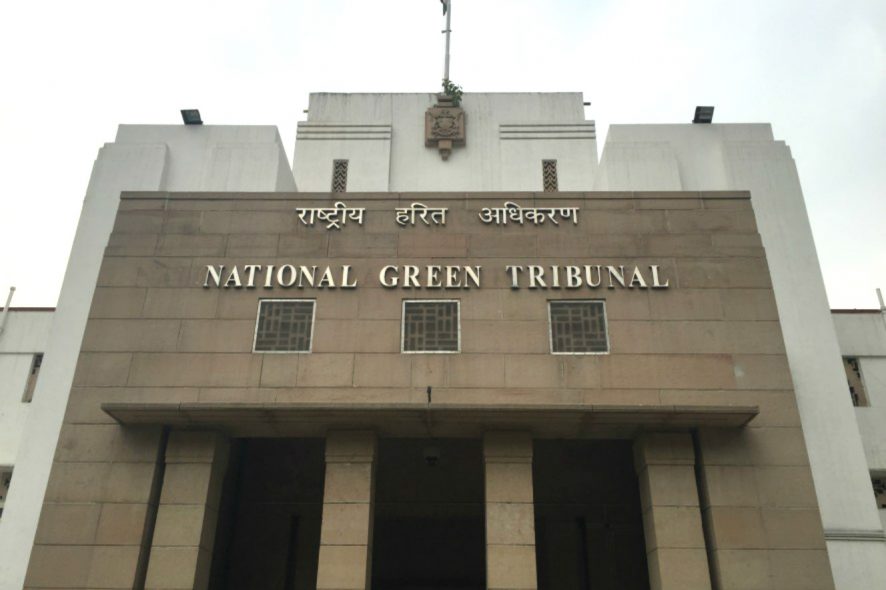National Green Tribunal (NGT): A Division Bench comprising of Raghuvendra S. Rathore, Judicial Member and Satyawan Singh, Expert Member, emphasized the duty of the State towards compliance with relation to environmental laws.
The construction in question was raised without obtaining consent to establish the State’s new Legislative Assembly building from the Pollution Control Board, and Central Ground Water Authority. It was argued that obtaining environmental clearance was not required because the total built-up area was less than 20,000 sq mtrs.
But the fact that due to further construction, the area has been raised and now the total built-up area was more than 25,000 sq mtrs thereby making it as mandatory for the respondents to obtain environmental clearance for the same.
The Tribunal expressed its surprise with respect to the act of the respondents by stating that they should have taken steps for obtaining the consent for the environment clearance when the idea of the new construction was so proposed but the same was never done. The Tribunal also observed that in order to confine the construction up to 25,000 sq mtrs, the respondents deliberately initially raised the construction by keeping it within the range of 20,000 sq mtrs so that subsequent construction would not show that they exceeded the limit from the very beginning. The Tribunal pressed upon the fact that the respondents ought to have obtained environmental clearance the moment they felt the need for additional construction, which was now admittedly more than 25,000 sq mtrs. Moreover, compliance of law and the steps to be taken towards it was all the more necessary because the building was a State Legislative Assembly.
The Tribunal concluded by emphasizing the sincerity with which the respondents must have acted, and non-compliance of law by the authorities itself would set a wrong example especially when the matter was concerned with environmental law and they were duty bound towards it. [Vikrant Tongad v. Union of India, O.A No. 529 of 2016 (M. A. No. 988/2016), 13-09-2018]







